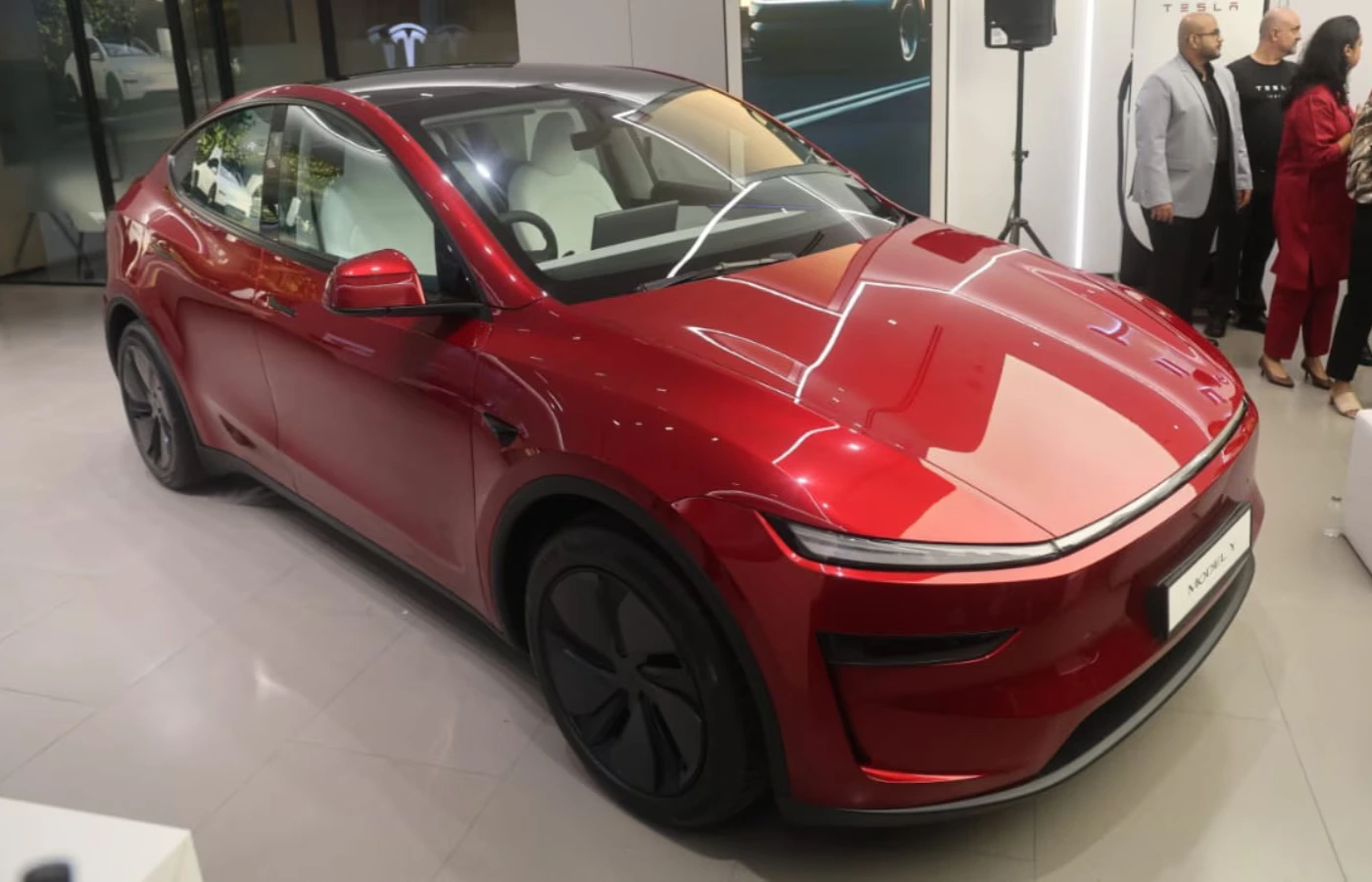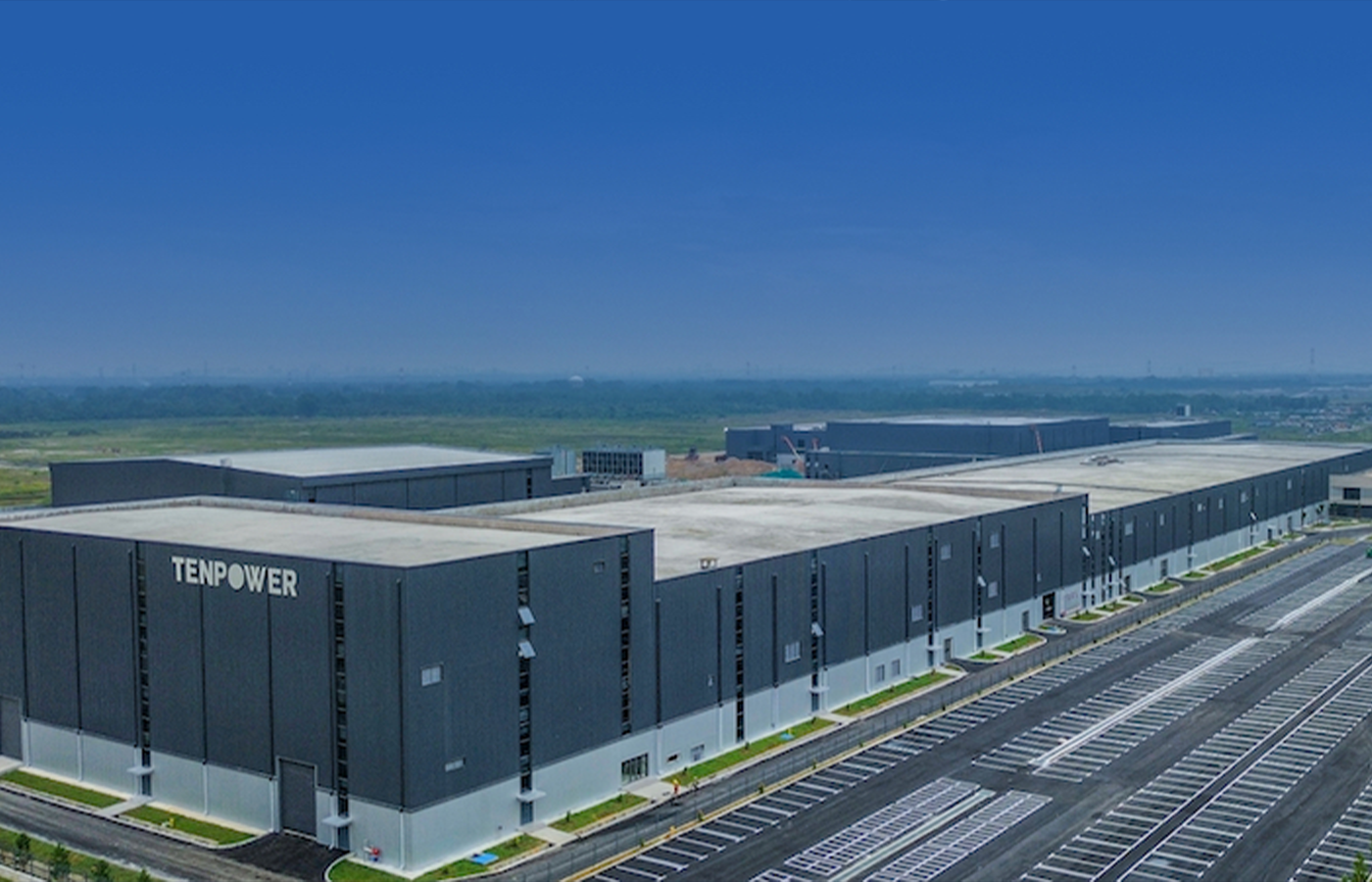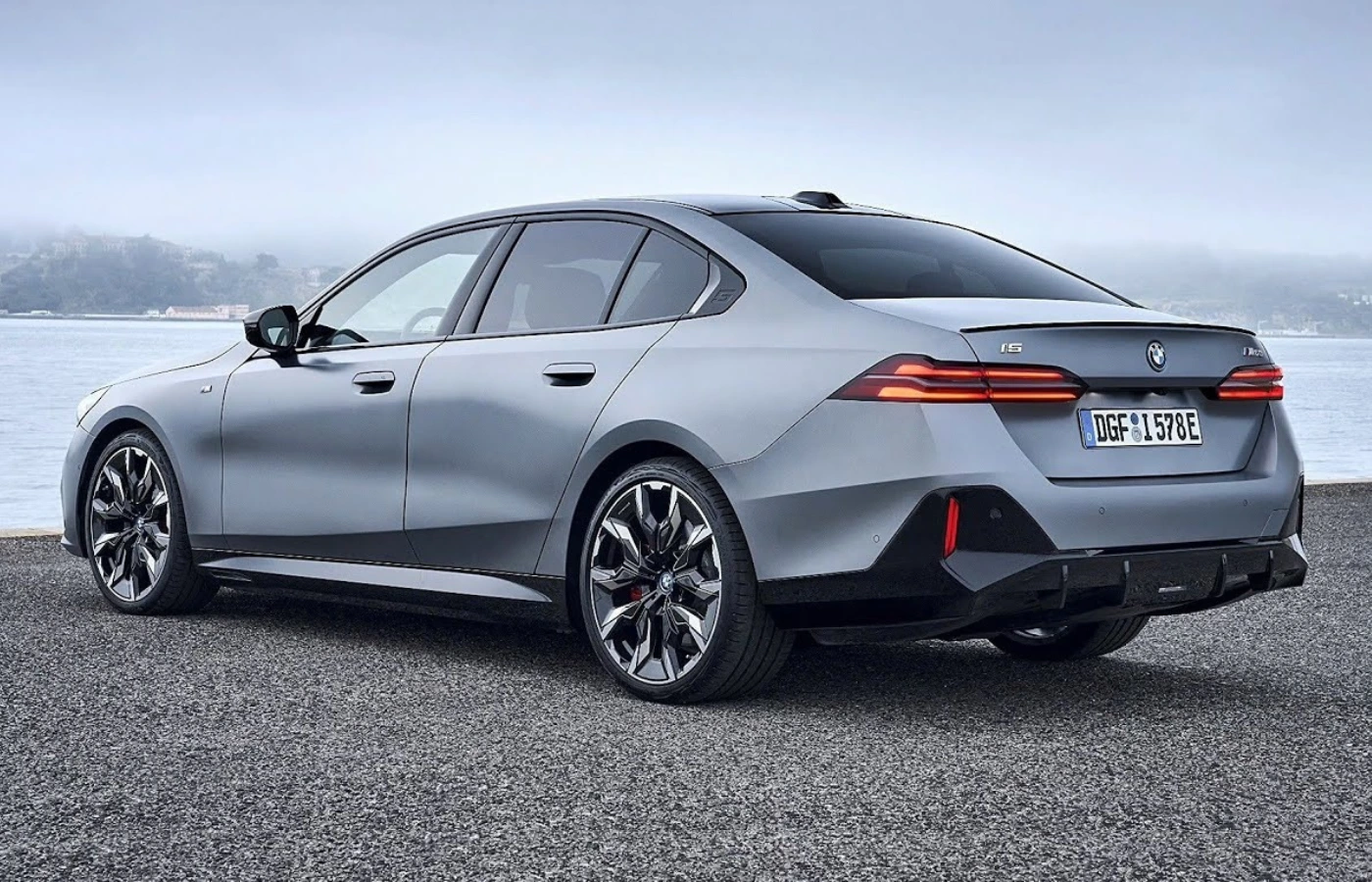India needs to speed up the adoption of electric vehicles to achieve its 2030 goals: NITI Aayog

According to a recent report by NITI Aayog, EV sales have registered only 7.6% of total vehicle sales in 2024 in India, which accounts for a limited rise achieved after a decade, this amount falls well below the forecasted growth.
To achieve its goal of 30% EV penetration by 2030, India will need to implement various measures and rapidly increase its electric vehicle EV adoption by more than 22% in the period of next 5 years in order to achieve the goal by 2030, as mentioned in the report by NITI Aayog.
As per the report, the current EV sales are recorded low and are not up to that extent which was estimated, which is quite shocking as Despite policy support and various EV schemes, the country has not achieved its target.
.webp)
India has witnessed a constant increase in EV sales from 50,000 units in 2016 to 2.08 million units in 2024, which is an impressive growth recorded over the years in the field of electric two and three-wheelers and growing transition towards electric buses for public travel, followed by long commercial electric trucks which are yet to gain attention from EV enthusiasts.
But still India is lagging behind and penetration of electric mobility in the overall sales remains slow due to the developing charging infrastructure.
The report also highlighted various challenges faced by the Indian electric industry in recent times which includes financial barriers, especially in the case of electric buses and trucks, inadequate data, and regulatory gaps as some of the key challenges mentioned in the NITI Aayog report. However the report also suggests various strategies which can be implemented in India.
.webp)
As per some recommendations, India should shift its focus from incentives to mandates and disincentives, thus giving more importance to segments and regions where the EV transition is growing easier and benefits are higher thus making the decision of buying EV in India as a profitable one.

.webp)
.webp)

